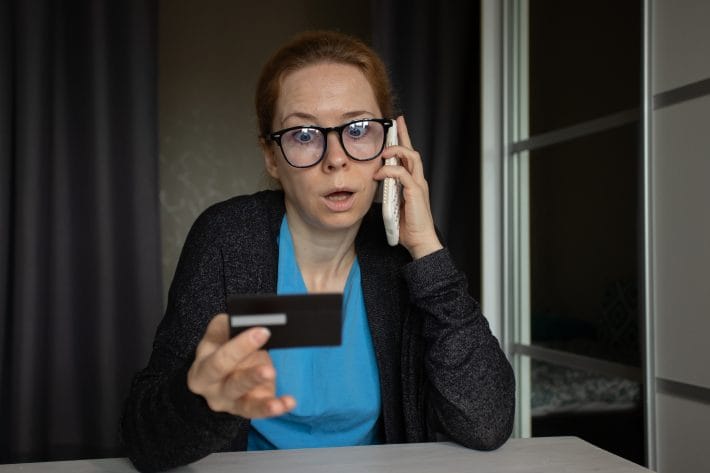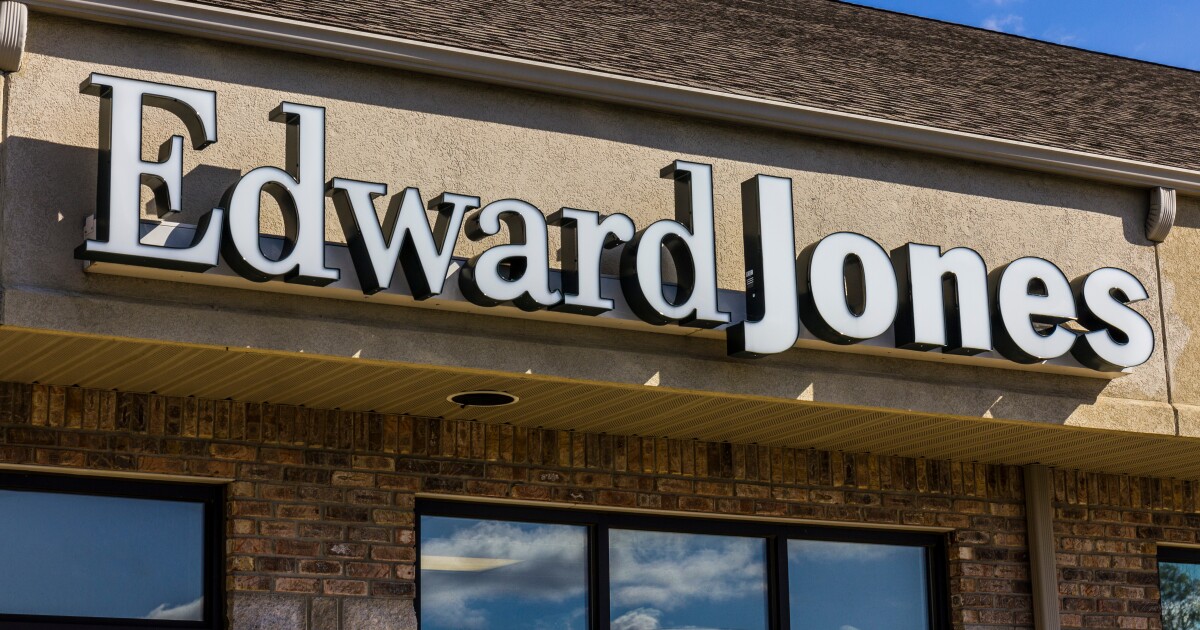Older patients are being hit with massive medical bills—and many don’t realize it’s due to a quiet trick buried in hospital billing practices. It’s called “out-of-network underpayment,” and it’s costing patients and hospitals millions. When hospitals accept payments as low as 10–15% of billed charges from non-contracted insurers, patients often get stuck with the balance. This tactic, exacerbated by the No Surprises Act, is leaving seniors vulnerable to unexpected debt and financial stress.
How the No Surprises Act Created a Loophole
The No Surprises Act was designed to protect patients from surprise medical bills. But in practice, it created a loophole that allows non-contracted insurance companies to reimburse hospitals at drastically reduced rates. Instead of the typical 50–80% of billed charges, some insurers now pay as little as 10–15%. Hospitals often accept these payments without contest, leaving patients responsible for the remainder. Seniors on fixed incomes are especially at risk.
Why Older Patients Are Most Affected
Older adults often require more frequent and complex medical care, making them prime targets for billing discrepancies. Many rely on Medicare Advantage or supplemental plans that may not fully cover out-of-network services. When hospitals accept low reimbursements, the remaining balance can be passed on to the patient. With limited financial flexibility, seniors may face debt, delayed care, or even bankruptcy.
The Role of Upcoding and Billing Errors
In addition to underpayments, some hospitals engage in “upcoding”—charging for more expensive procedures than were actually performed. This practice inflates bills and can lead to disputes with insurers. Older patients may not have the resources or knowledge to challenge these charges, especially when dealing with complex medical conditions. The result is a growing wave of medical debt among seniors.
What You Can Do to Protect Yourself
Start by requesting a detailed itemized bill after any hospital visit. Compare it with your Explanation of Benefits (EOB) from your insurer. If you see discrepancies or charges for services you didn’t receive, dispute them immediately. You can also ask if your provider is in-network before receiving care. If you’re on Medicare, consider working with a patient advocate or billing specialist to review charges. Awareness is your first line of defense.
Hospitals Are Losing Millions—But Patients Are Losing More
While hospitals are leaving millions on the table by accepting low out-of-network payments, patients are often footing the difference. This quiet billing trick is draining retirement savings, delaying care, and creating unnecessary stress. Seniors deserve transparency and protection—not surprise bills and financial ruin. It’s time to demand better billing practices and stronger oversight.
Have you or a loved one received a surprise hospital bill? Share your experience or tips in the comments—we’d love to hear how you handled it.
You May Also Like…
8 Medigap “Gaps” You Only Notice After a Hospital Transfer
Hospital Transfers Can Include Hidden Fees If You Don’t Read the Fine Print
Observation vs. Inpatient: The Hospital Label That Can Make Your Skilled-Nursing Stay 100% Out-of-Pocket
10 Medical-Billing Moves That Slash a Hospital Invoice
Why Are Some Hospitals Refusing to Treat Seniors Without an Advocate Present?


























